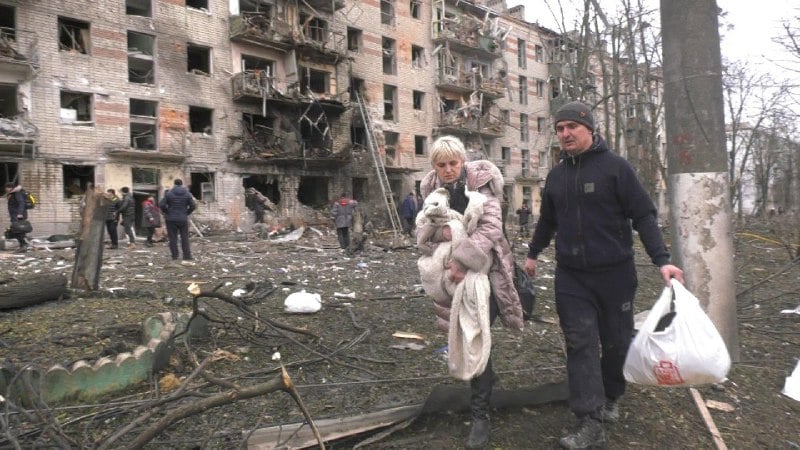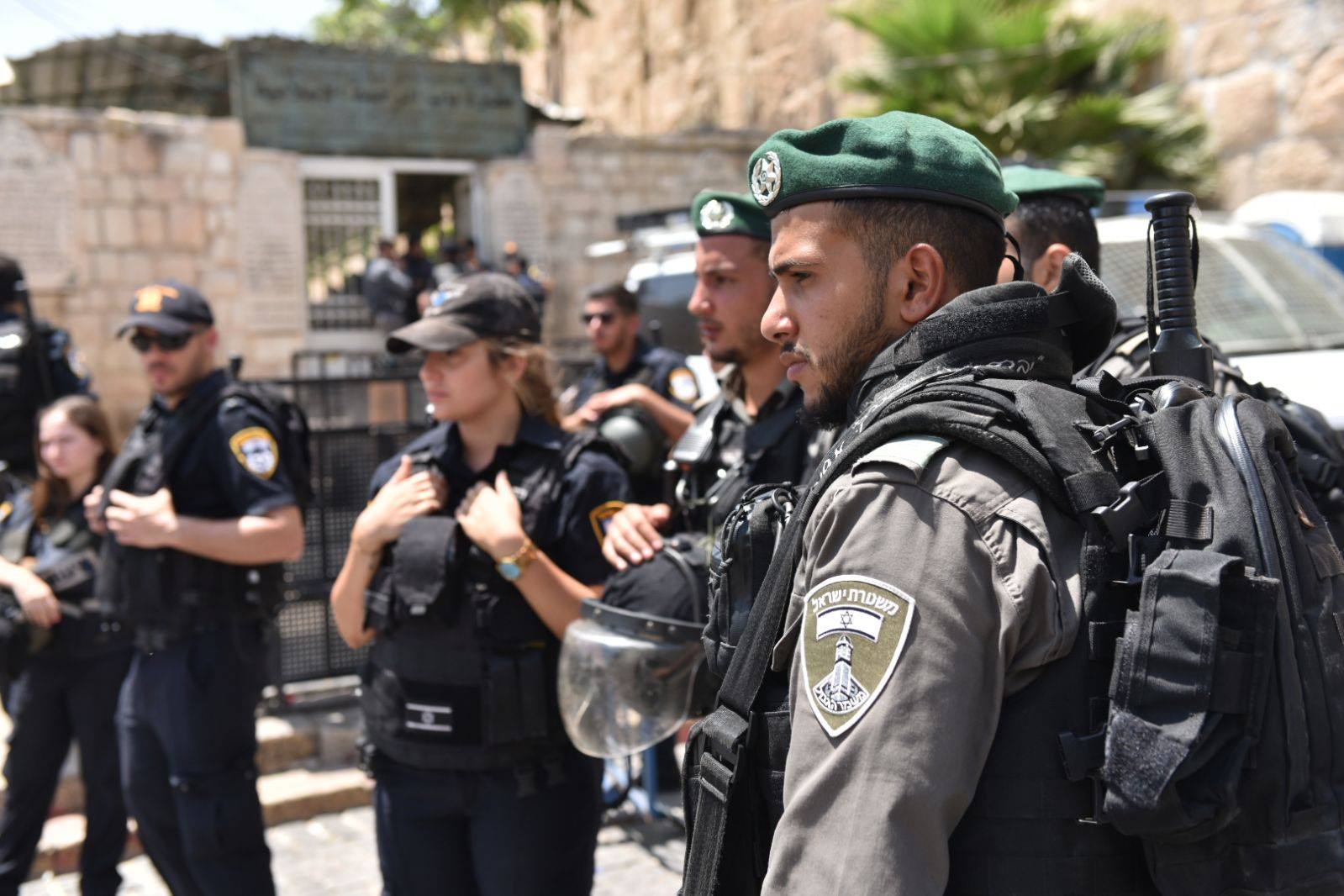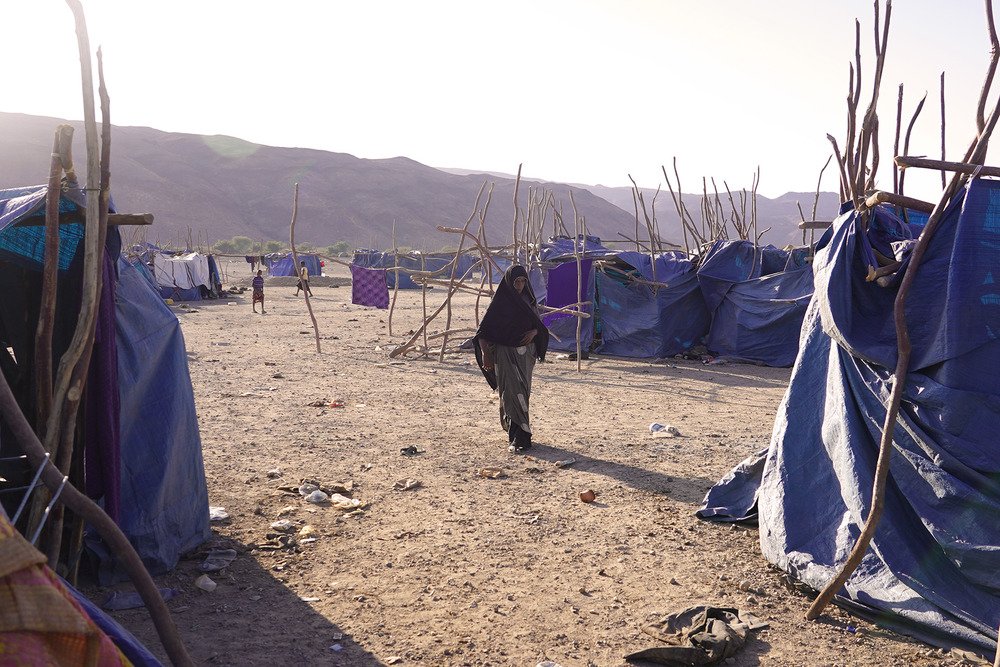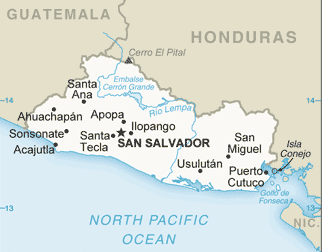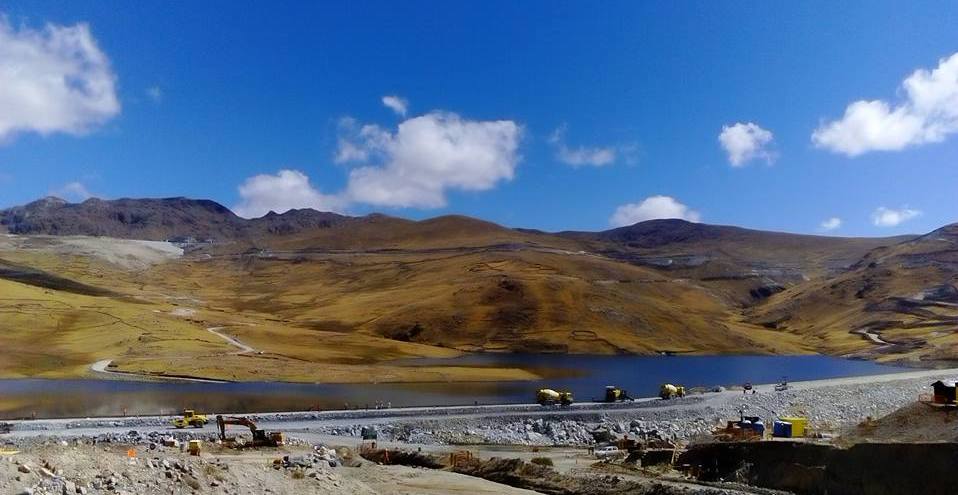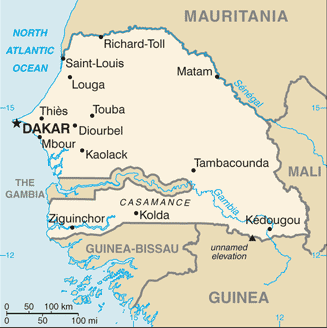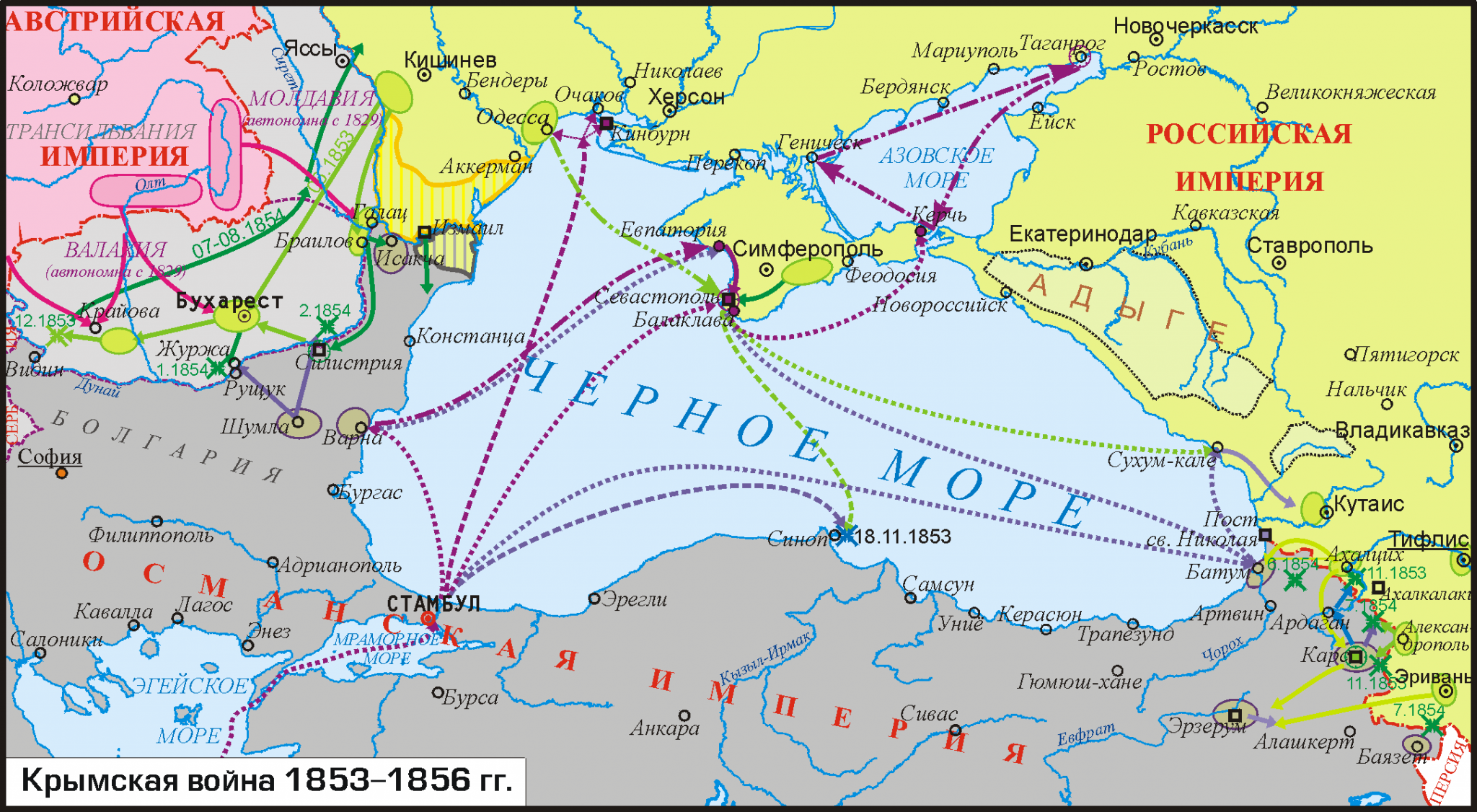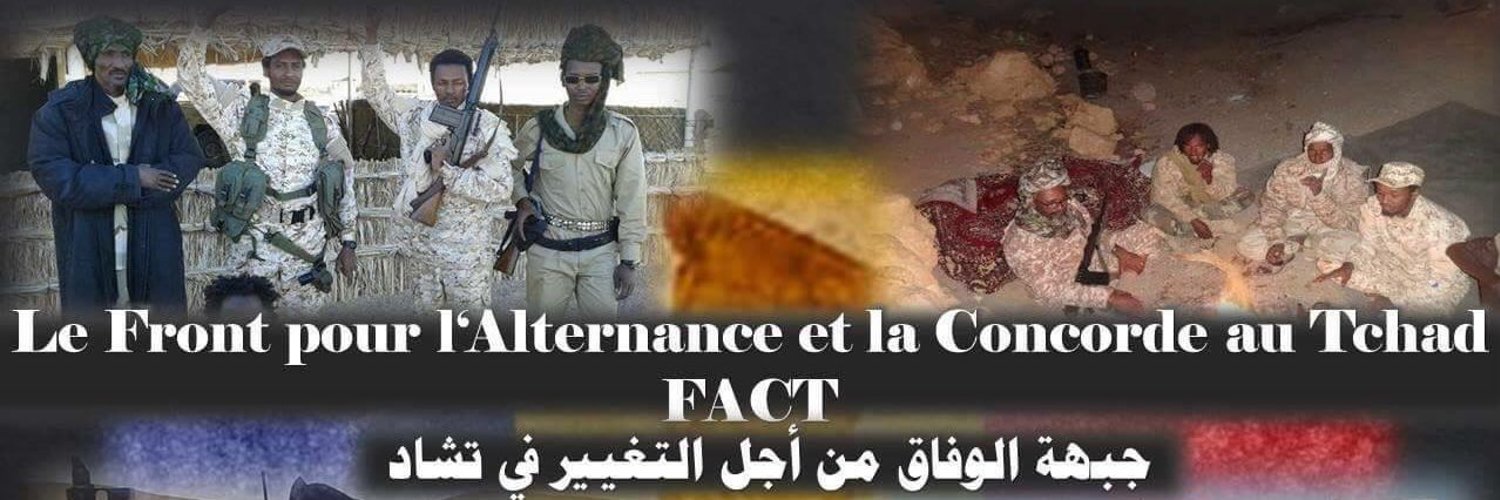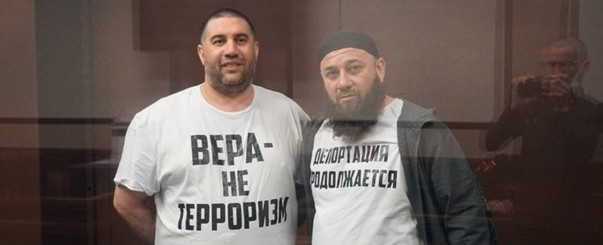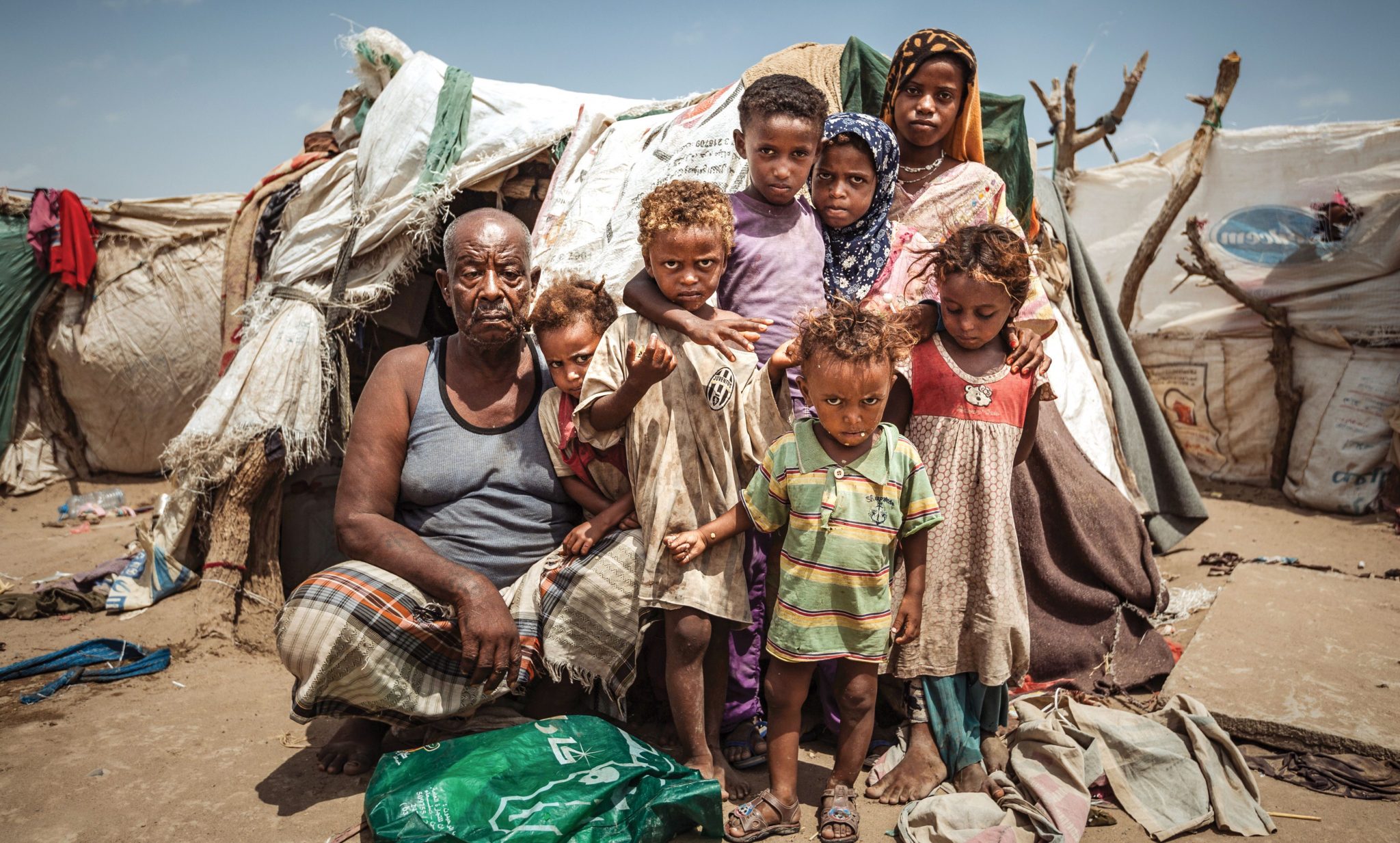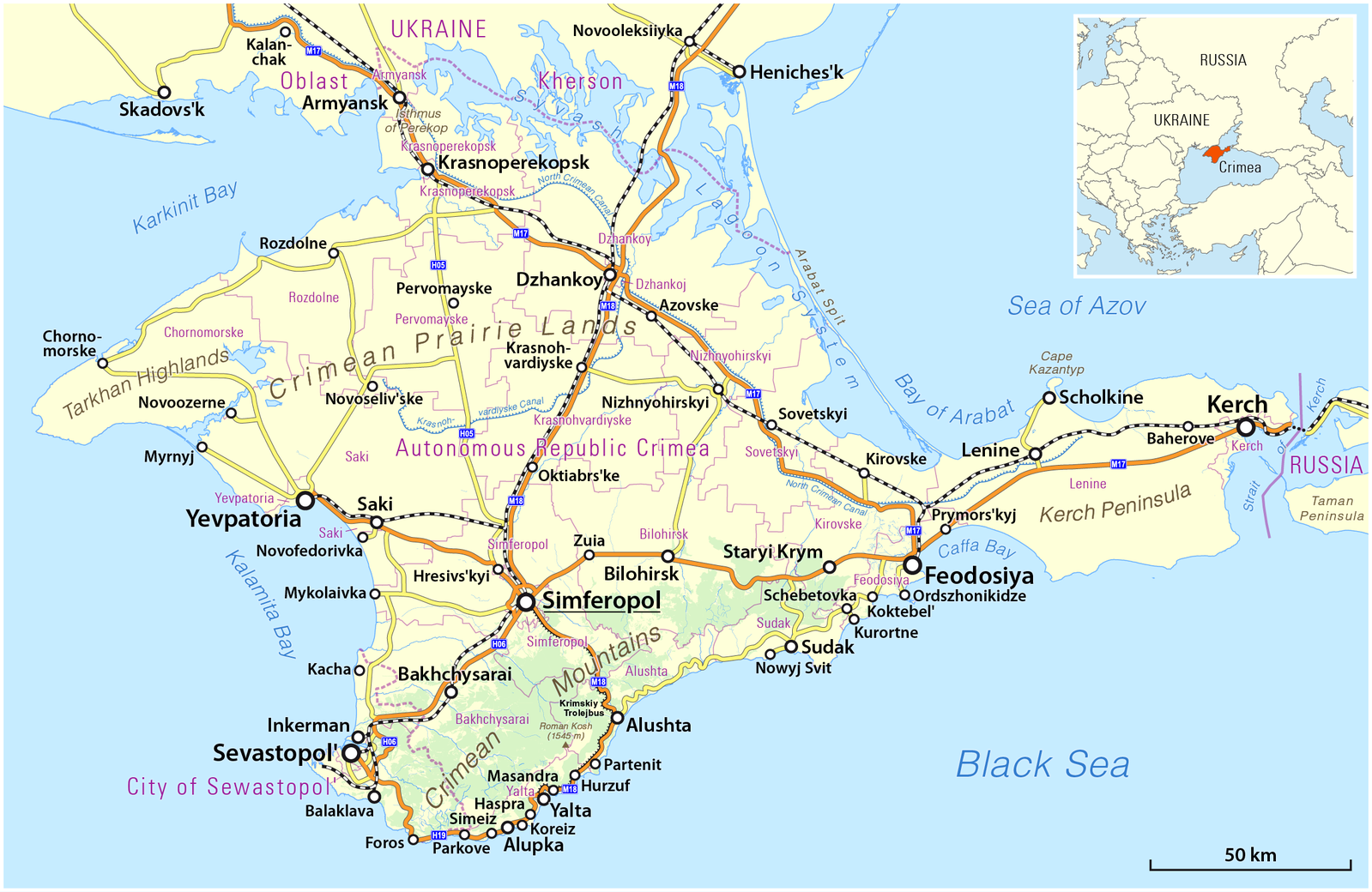
Tatars demand return of Crimea to Ukraine
Crimean Tatar community leaders issued a demand that return of the Crimean Peninsula, unilaterally annexed by Russia in 2014, be a condition imposed by Kyiv in its talks with Moscow to end the war in Ukraine. The decision to adopt this demand was taken in a virtual meeting of the Mejlis—the traditional assembly of the Crimean Tatars, which has now been suppressed within Crimea by the Russian occupation forces. “The re-establishment of the territorial integrity of Ukraine within its internationally recognized borders, including the republic of autonomous Crimea and Sevastopol, should be an obligatory condition for official negotiations between Ukrainian representatives and the aggressor state,” said the chief of the Mejlis, Refat Chubarov. The online meeting of the Mejlis took place ahead of a new round of talks between Russia and Ukraine in Istanbul. (Map via Wikimedia Commons)




